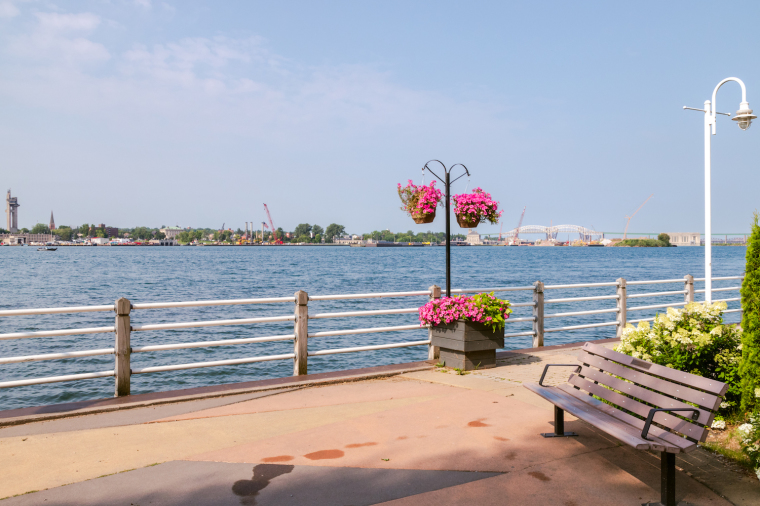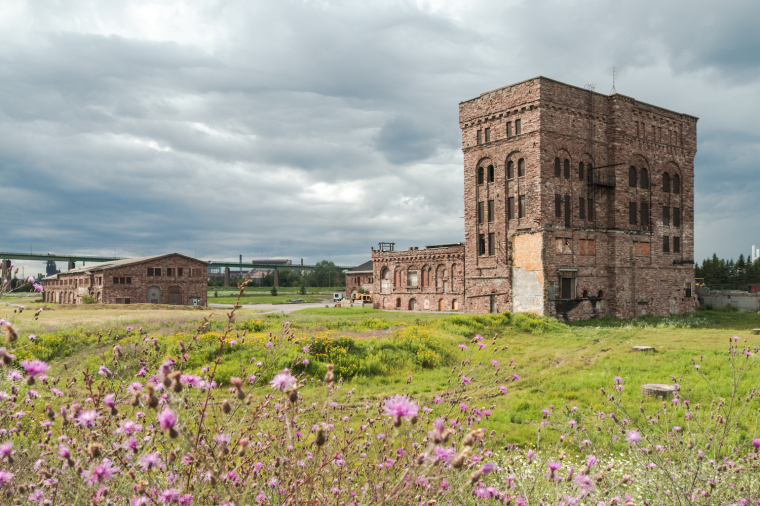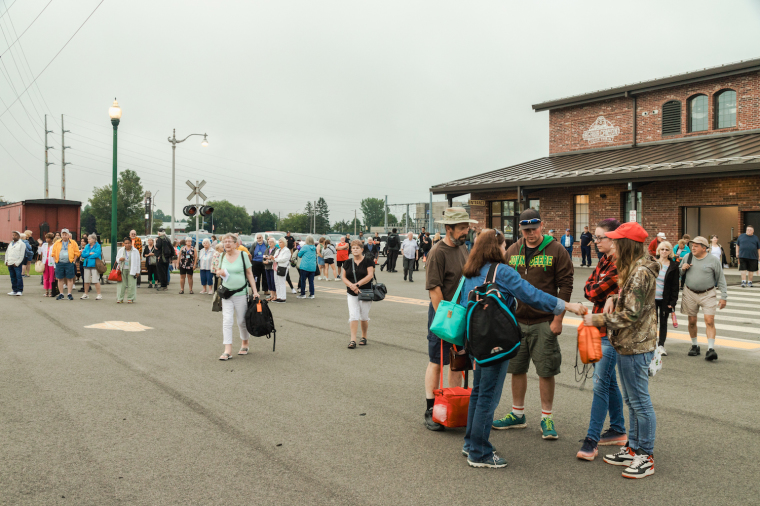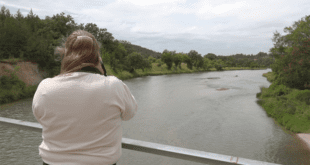
Introduction
It can be easy to overlook places in your own backyard.
For me, one such place is the Canadian city of Sault Ste. Marie in Ontario.
The city of about 72,000 souls is located directly across the St. Mary’s River from its older sister city, Sault Ste. Marie in Michigan. The word Sault in the name of both cities is pronounced like sue and is casually spelled the Soo.
Despite growing up and spending most of my life just an hour or so away, it’s been years since I spent any considerable time here. When I was a kid, we used to visit Canadian Soo all the time. Of course, in those days — well before 9/11 changed everything — it was far easier to cross the border separating Canada and the United States. The reactionary requirement for passports or enhanced driver’s licenses has surely kept away countless visitors.

Exploring Sault Ste. Marie
Like other places previously featured in this column, Sault Ste. Marie is off-the-beaten-path.
Given its location in northern Ontario, you really have to make a concerted effort to get here. And as I discovered during a visit earlier this month, those who do come are rewarded with a spectacular destination that offers something for everyone.
From a historical standpoint, the American and Canadian Soos owe their existence to the great explorers and Roman Catholic missionaries of the 17th century who discovered and subsequently claimed much of the New World for France. In particular, a mission to the Indians by the Rev. Jacques Marquette, a Jesuit whose name is ubiquitous across the present-day Great Lakes and Midwest U.S. states, planted the seed for the Sault Ste. Marie of 2023. More famous Frenchmen who came through here include Louis Joliet and Jacques Cartier.
Those who followed Marquette and the other black robes, as the Indians called the Jesuit fathers, realized the location on the St. Mary’s River, which flows between lakes Superior and Huron, was advantageous.
After the evangelists who propagated the faith once delivered came the French, French Canadian, British and American fur traders, all of whom were eclipsed in the mid-1800s by lumberjacks and then heavy industry. This coincided with the aftermath of the War of 1812 when the international border was once and for all settled.
Eventually, massive locks were constructed on both sides to make St. Mary’s navigable. In time this would allow gigantic thousand-foot freighters to traverse the waters of the Great Lakes and connect to the Atlantic Ocean through the St. Lawrence River.

Best Things to Do in Sault Ste. Marie
While heavy industry has, as with elsewhere across the Rust Belt, declined, a century-old steel mill is still the Canadian Soo’s largest employer. Moreover, the entire city is orientated toward the water, reflecting the importance of all things maritime, even if the season is admittedly short.
What surprised me most was how well Sault Ste. Marie has developed or redeveloped its waterfront — save for a couple of hideous 1970s towers and a struggling shopping mall that should be demolished. Much of the shore abutting the river can be walked or biked, including paths that lead to islands that make up the border’s frontier. Other former industrial areas, including the ruins of a Richardsonian Romanesque-style paper mill that looks like a Norman castle, have been repurposed or await the creative genius of a developer.
If you go
Must-do things include a boat tour of the American and Canadian locks from Miss Marie Sault Lock Tours, which has twice-daily sailings at 10 a.m. and 1 p.m., and visits to the Ermatinger-Clergue National Historic Site, Sault Ste. Marie Museum and Canadian Bushplane Heritage Centre.
The Agawa Canyon Tour Train has for years been the biggest draw. I can’t recommend it unless you’re really into trains. The eight-hour journey is way too long for the hour that passengers get to explore the scenic Agawa Canyon. Also, the train lacks the kind of amenities and service that you expect with a price tag of $140 Canadian per person.
Book a room at the Delta Sault Ste. Marie Waterfront, which, as its uncreative name suggests, is located along the waterfront facing the St. Mary’s River and the American Soo. Unlike this somewhat overshadowed Marriott brand’s counterparts in the United States,
 Mind Uncharted Explore. Discover. Learn.
Mind Uncharted Explore. Discover. Learn.

